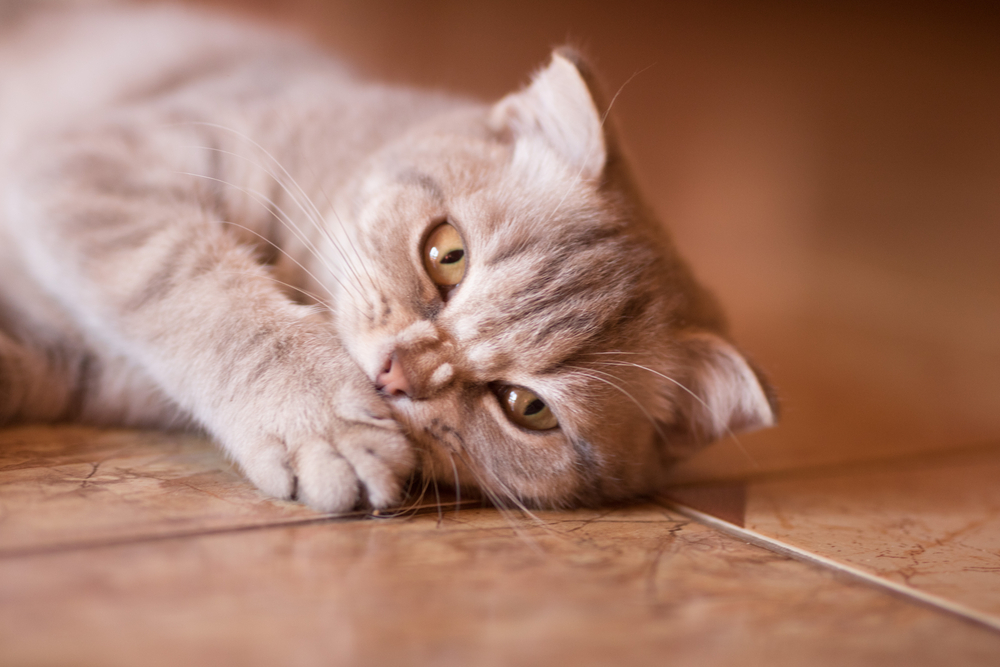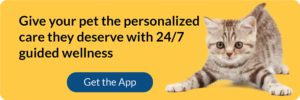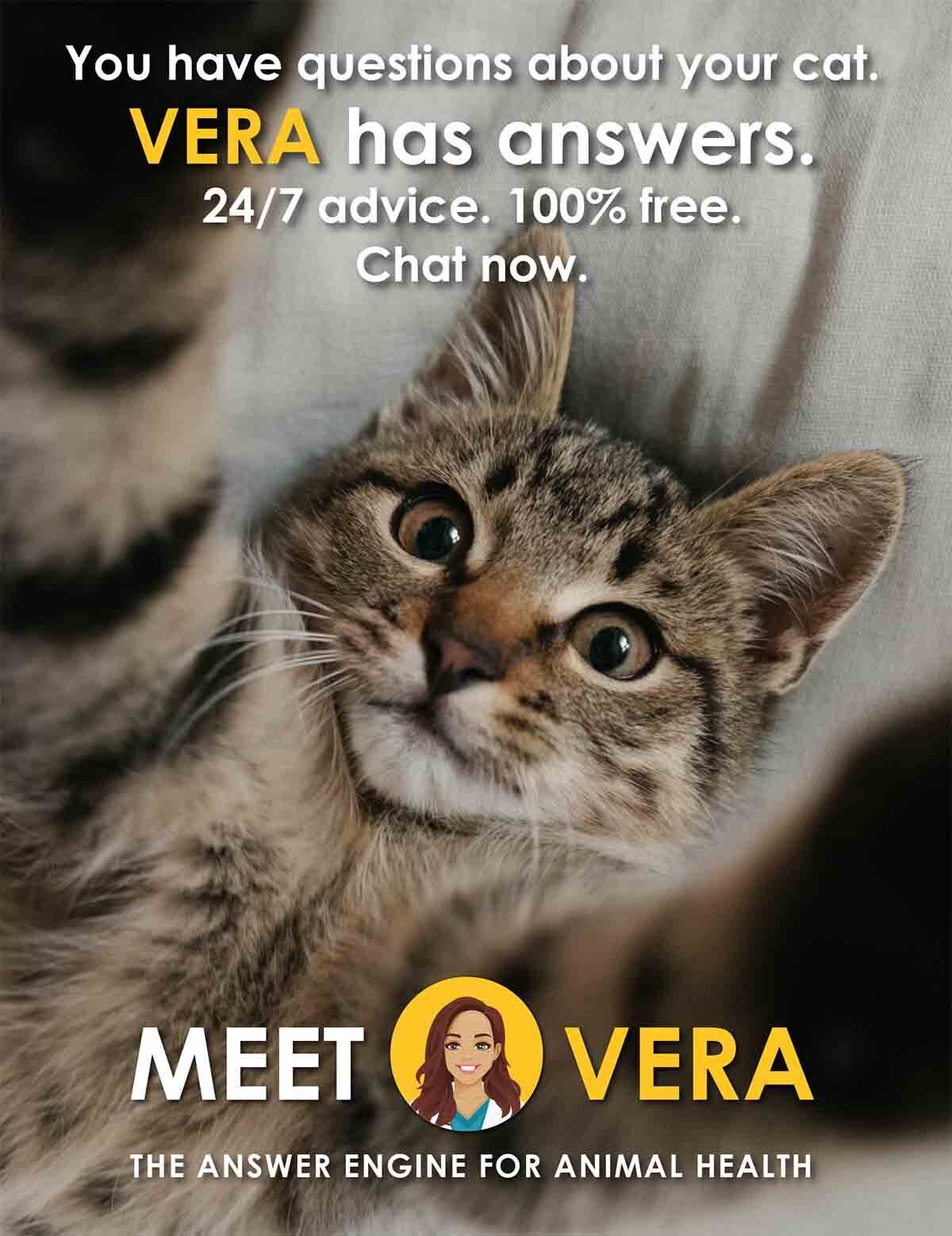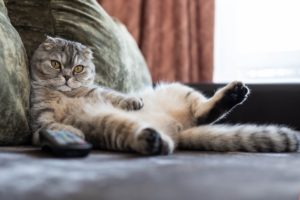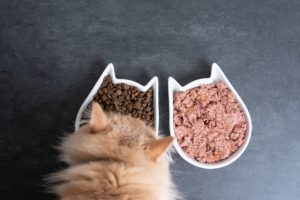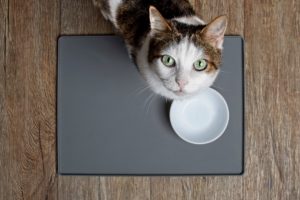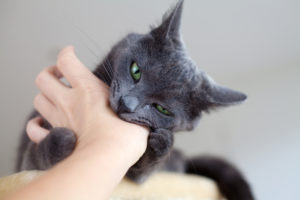By now, you probably know that your kitty’s dental health is essential to his overall health. Just think about how many ways your cat uses his mouth every day—from grooming himself to keep his coat clean and shiny to catching toys (and sometimes prey!), to playful nibbling behavior, to communicating with you (and other animals) by vocalizing, and—of course—to eat and provide himself nutrition.
What happens when a cat’s mouth is painful or not healthy? While your favorite feline can’t talk to you in our own language, he CAN show you that he’s uncomfortable—if you learn what to look for!
Symptoms of cat teeth problems
Here are some common symptoms that you may see if your cat is having dental problems:
- Drooling
- Holding head to one side while chewing/eating with one side of his mouth
- Pawing at the mouth
- Fractured (broken) teeth
- Bad breath (see our article on “Why Does My Cat’s Breath Stink?” for more)
- Blood in your cat’s water bowl
- Dropping food from the mouth when trying to eat
- Meowing or crying out when eating
- Acting hungry, but then walking away from the food bowl
However, sometimes the symptoms of dental disease in cats are more subtle. Here are some changes you may notice in your cat that may be related to a dental problem or a different type of health issue:
- Lack of grooming behavior/dull coat, with or without mats
- Not wanting to play
- Quiet behavior, hiding from members of the household
- Decreased appetite
- Weight loss
If you notice any of these changes, make an appointment with your kitty’s veterinarian to determine what is causing your cat’s symptoms. To start with, your veterinarian will perform a physical exam to look at your cat from nose to tail–including evaluating his teeth and the soft tissues inside of his mouth. Depending on what your vet finds on your kitty’s physical exam and the symptoms he is showing, his doctor may recommend bloodwork or an exam under anesthesia to obtain radiographs (x-rays) of your cat’s teeth and jaw. In general you should learn how to clean your cat’s teeth as a means of preventing dental disease.
Our AskVet Veterinarians are available to discuss all of your pet’s needs 24 hours a day, 7 days a week. Whether you have an immediate need or are looking to improve your pet’s overall wellbeing, just sign into your pet app account and one of our friendly and knowledgeable veterinary experts will attend to your needs, no appointment required!
Written by:
Allison Ward, DVM
Dr. Allison Ward grew up in the suburbs of Washington, D.C. and started working in veterinary hospitals when she was 14 years old. After graduating from veterinary school in 2011, she completed a small animal rotating internship in New Jersey, followed by a neurology/neurosurgery internship in Miami. After completing this advanced training, Dr. Ward then moved on to general small animal practice. Dr. Ward’s professional interests include feline medicine, neurology, and pain management. Her passion for educating pet owners carries over into her work with AskVet, and she loves being able to help pets and their parents at all times of the day (and night!). She currently resides in sunny south Florida with her two cats, Larry and George.

